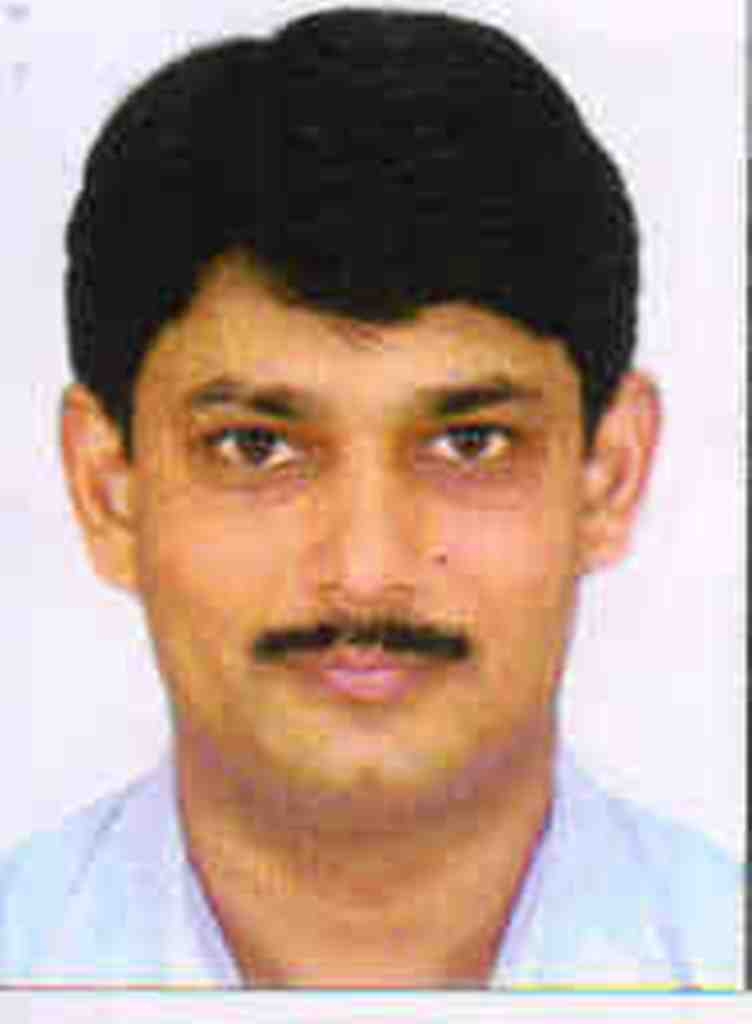
By – Dr. Amitabh Gupta
HOD Neurosurgery
Batra Hospital, New Delhi.
The bones (vertebrae) that form the spine in your back are cushioned by small discs. These discs are round and flat, with a tough, outer layer that surrounds a jellylike material called the nucleus. Located between each of your vertebra in the spinal column, discs act as shock absorbers for the spinal bones. Thick ligaments attached to the vertebrae hold the pulpy disc material in place.
A herniated disc (also called a slipped or ruptured) disc is a fragment of the disc nucleus that is pushed out of the annulus, into the spinal canal through a tear or rupture. Discs that become herniated usually are in an early stage of degeneration. The spinal canal has limited space, which is inadequate for the spinal nerve and the displaced herniated disc fragment. Due to this displacement, the disc presses on spinal nerves, often producing pain, which may be severe.
Causes
A single excessive strain or injury may cause a herniated disc. However, disc material degenerates naturally as you age, and the ligaments that hold it in place begin to weaken. As this degeneration progresses, a relatively minor strain or twisting movement can cause a disc to rupture.
Certain individuals may be more vulnerable to disc problems and, as a result, may suffer herniated discs in several places along the spine. Research has shown that a predisposition for herniated discs may exist in families, with several members affected.
Herniated Disc Symptoms
Symptoms vary greatly depending on the position of the herniated disc and the size of the herniation. If the herniated disc is not pressing on a nerve, you may experience a low backache or no pain at all. If it is pressing on a nerve, there may be pain, numbness or weakness in the area of the body to which the nerve travels. Typically, a herniated disc is preceded by an episode of low back pain or a long history of intermittent episodes of low back pain.
Lumbar spine (lower back): Sciatica frequently results from a herniated disc in the lower back. Pressure on one or several nerves that contribute to the sciatic nerve can cause pain, burning, tingling, and numbness that radiates from the buttock into the leg and sometimes into the foot. Usually one side (left or right) is affected. This pain often is described as sharp and electric shock-like. It may be more severe with standing, walking or sitting. Along with leg pain, you may experience low back pain.
Cervical spine (neck): Symptoms may include dull or sharp pain in the neck or between the shoulder blades, pain that radiates down the arm to the hand or fingers, or numbness or tingling in the shoulder or arm. The pain may increase with certain positions or movements of the neck.
Treatment
The majority of herniated discs do not require surgery. However, a very small percentage of people with herniated, degenerated discs may experience symptomatic or severe and incapacitating low back pain, which significantly affects their daily life.
The initial treatment for a herniated disc usually is conservative and nonsurgical.
A herniated disc frequently is treated with non steroidal anti-inflammatory medication if the pain is only mild to moderate. An epidural steroid injection may be performed utilizing a spinal needle under X-ray guidance to direct the medication to the exact level of the disc herniation.
Prevention Tips
The following tips may be helpful in preventing low back pain and herniated discs.
· Do crunches and other abdominal-muscle strengthening exercises to provide more spine stability. Swimming, stationary bicycling and brisk walking are good aerobic exercises that generally do not put extra stress on your back
· Maintain correct posture when you’re sitting and standing.
· If you smoke, quit. Smoking is a risk factor for atherosclerosis (hardening of the arteries), which can cause lower back pain and degenerative disc disorders.
· Avoid stressful situations if possible, as this can cause muscle tension.
· Maintain a healthy weight. Extra weight, especially around the midsection, can put strain on your lower back.



